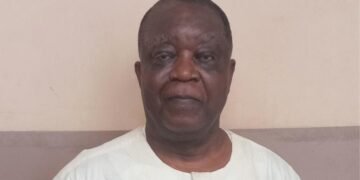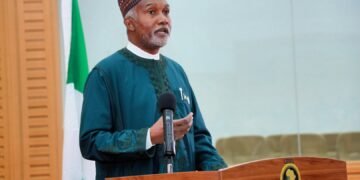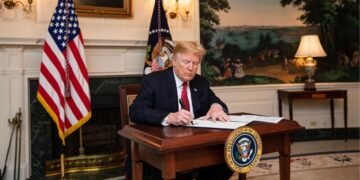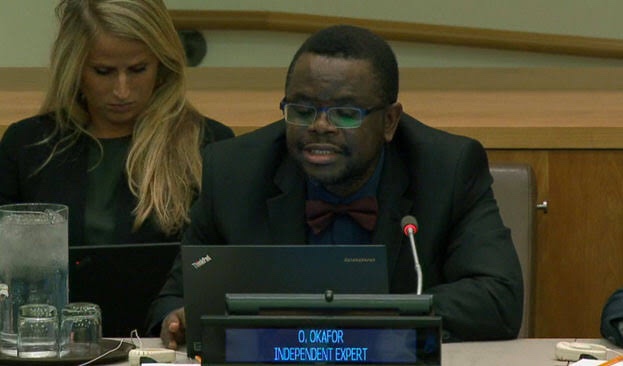States and non-state actors must cooperate much more closely in the struggle to fully respect human rights after the world emerges from the COVID-19 crisis, the UN Independent Expert on human rights and international solidarity said today. In urging States at the UN Human Rights Council and the General Assembly to adopt the Draft UN Declaration on Human Rights and International Solidarity, Mr Obiora C. Okafor made the following statement:
“The present COVID-19 pandemic has left a massive amount of disease, death and despair in its stride, and will continue to seriously trouble the world even in its wake. As a result, it has posed a formidable threat to the enjoyment of human rights around the world. More specifically, the pandemic and many of the measures taken to counter it have seriously threatened or harmed the enjoyment by billions of people across the world of the human rights to health, life, education, food, shelter, work, freedom of movement, liberty, and freedom of assembly.
Less obvious to many is the fact that the pandemic (and the responses to it) can also constitute serious harm to the enjoyment of the rights to development and democracy, and to freedom from discrimination and gender-based violence. Even more troubling is the fact that these dangers and impacts tend to be exacerbated in the Global South, and in relation to the poor and the racially marginalised everywhere.
This pandemic has also highlighted the intensity in our time of our interconnectedness as human beings and societies, including the sheer depth of our mutual vulnerability, one to the other. This reality firmly underlines the absolute necessity of expressing and ramping up our practice of international solidarity and cooperation, among State and non-state actors alike, if the enjoyment of human rights across the world is to be optimised.
If the world after this pandemic is to begin to look anything close to the vision of a life with dignity embodied in the progressive human rights texts that have been proposed and agreed for decades now, States and non-state actors must begin to take international solidarity much more seriously in the struggle to optimally realise all human rights around the world.
Therefore, I urge States at the UN Human Rights Council and the General Assembly, to adopt the draft UN Declaration on Human Rights and International Solidarity. This would help to focus minds on the absolute necessity of practicing international solidarity in the struggle to realise human rights for everyone, but would also help provide a vital additional soft law resource in order to ensure that the global human rights situation after this pandemic will become better than it is today.”
Okafor’s statement has been endorsed by the Special Rapporteur on the right to development, Mr. Saad Alfarargi, and the Independent Expert on the promotion of a democratic and equitable international order, Mr Livingstone Sewanyana.
































